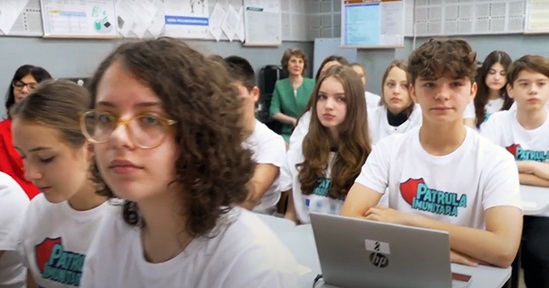Strengthening community acceptance of vaccines through educational interventions
There is growing international recognition that vaccination programmes need a more comprehensive approach and coordinated action across sectors. Linking education and health is an essential part of this. This strategic priority for WHO is conceptualized in the European Immunization Agenda 2030, which highlights the importance of establishing cross-sectoral collaboration, developing education tools and integrating immunization into educational programmes and curricula. Learning about disease prevention and vaccines through educational activities can be just as crucial for children as other health topics. Schools and educational activities are the primary sources of knowledge for children and in a community. Evidence shows that the school setting offers a unique opportunity to reach important target groups with nuanced and comprehensible health information, creating an understanding of immunization at an early age and helping children build a foundation for making healthy choices for themselves and their families later in life. To support and address this, WHO/Europe has launched Immune Patrol, an innovative, digital, game-based education package on the immune system and vaccines.
















